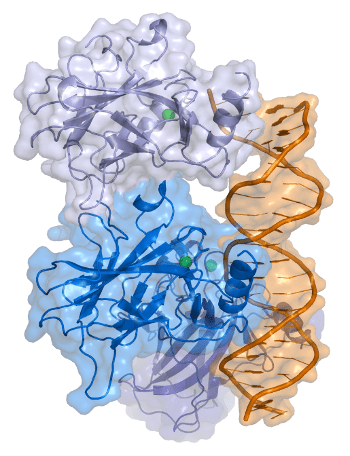It’s All in the Genes:
TP53 and Li-Fraumeni Spectrum

DELRAY BEACH, FL – Li-Fraumeni Syndrome (LFS) is caused by TP53 germline variants, which causes a person to be predisposed to a variety of cancers over their lifetime. This syndrome has yet to be fully understood, as there are a variety of phenotypes associated with these variants. The most important phenotypic differences include age at diagnosis and cancer type.
A new study published in JAMA Oncology by researchers from organizations such as the National Cancer Institute, Harvard Medical School, Dana-Farber Cancer Institute, wanted to “define the phenotypic spectrum of Li-Fraumeni syndrome and conduct phenotype-genotype associations across the phenotypic spectrum.”1 Understanding the phenotypic spectrum of this syndrome could affect classification of the cancer type and better guide treatment decisions based on the indicated variant.
“Cancers arising in individuals with LFS generally occur in age-related phases.”1 During childhood, before the age of 15, prevalent cancers usually include adrenocortical carcinoma and medulloblastoma, while early adulthood includes breast, lung and gastrointestinal cancers. As a patient exceeds 50 years old, pancreatic and prostate cancer are more predominant. During the study, several variants showed a correlative age structure, meaning the indicated variant could determine the age at which the patient was at higher risk for cancer diagnosis. This led the researchers to classify variants in two categories: LFS and attenuated LFS. The researchers believed “the proposed classification has several advantages for furthering clinical research in LFS and may serve as a model for the reclassification of other originally clinically defined genetic conditions.”1
Understanding the differences amongst TP53 pathogenic variants will affect future research, treatment and prevention strategies for Li-Fraumeni patients.
- Kratz CP, Freycon C, Maxwell KN, et al. Analysis of the Li-Fraumeni Spectrum Based on an International Germline TP53 Variant Data Set: An International Agency for Research on Cancer TP53 Database Analysis. JAMA Oncol. 2021;7(12):1800-1805. doi:10.1001/jamaoncol.2021.4398
